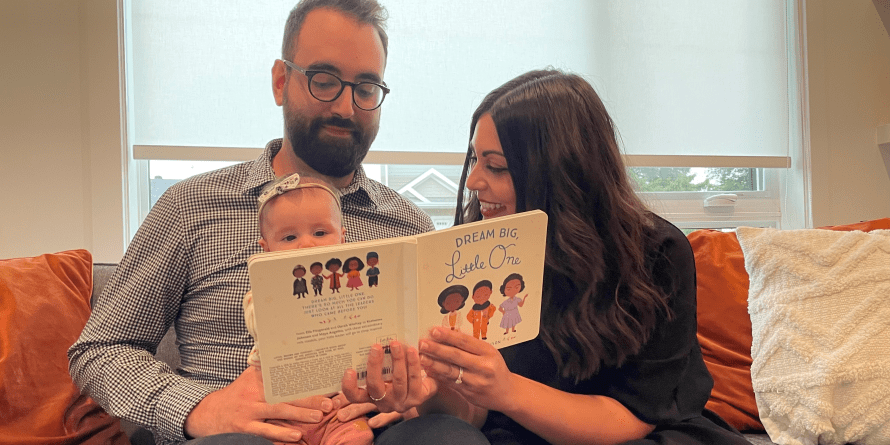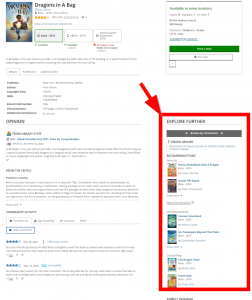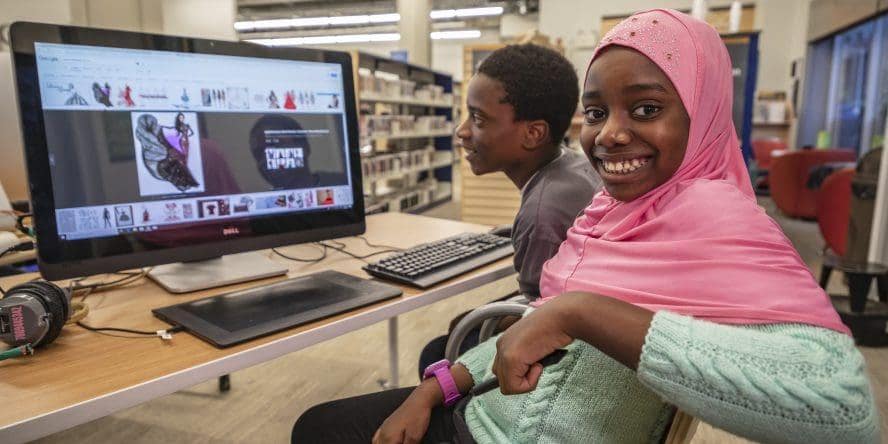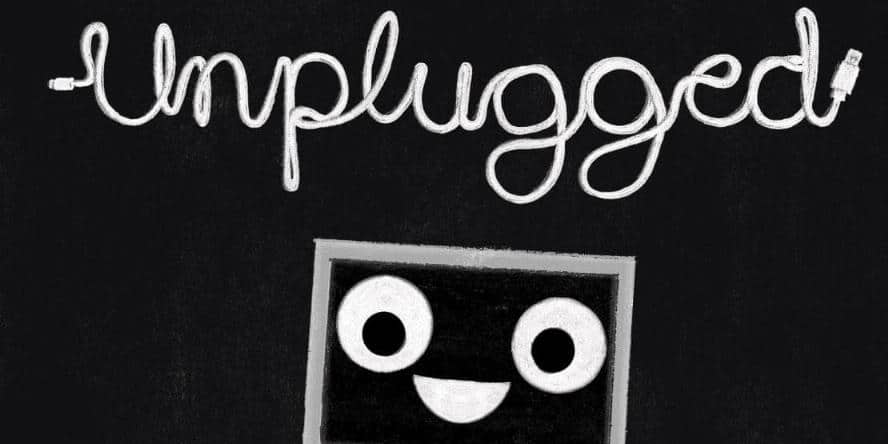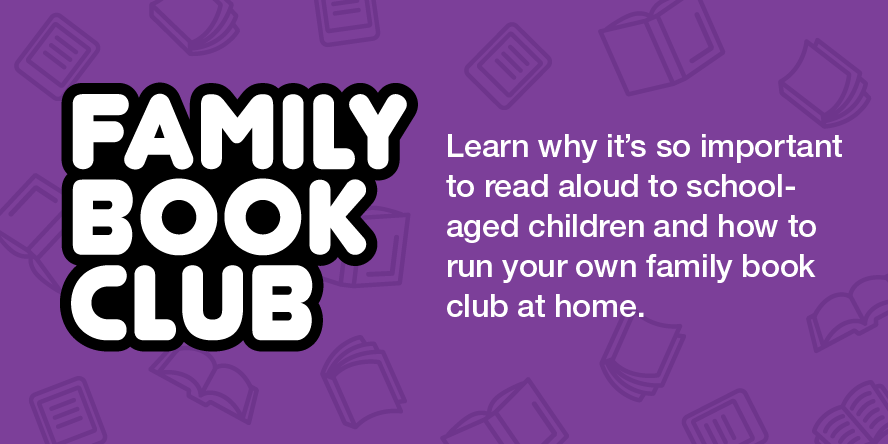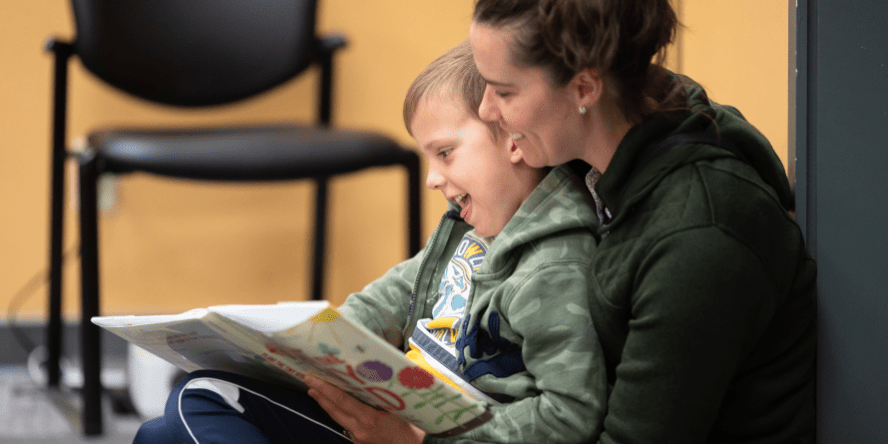Parents
If you have kids at home, this page is for you. We know you want what's best for your child and you are their first (and best!) teacher. EPL can help.
If we use digital devices to connect with society on any level, we are digital citizens. A good digital citizen uses technology in meaningful ways to improve their community, engage respectfully with others and assess validity of online information sources.
As parents, it is important to consider and discuss what healthy Internet use looks like for your family. It's never too early to start, with many children learning about, and using, technology from toddler or preschool age. Teaching kids to be positive digital citizens can help them evaluate information online, prevent bullying and promote overall health and safety.
EPL can help. We have free resources to help your family develop healthy Internet habits. We also work with teachers to deliver programs that teach digital citizenship skills in schools.
Learn More
Discover why EPL has iPads in branches and more.
Learn practical tips to keep your family safe online in this Kitchen Table Classroom video.
Help your family find a healthy media balance with these tips from Common Sense Media.
Advice and More
Digital Citizenship: Resources
Digital Citizenship Resources for Parents
Picture Books to Promote Digital Citizenship
How to Spot Fake News: Tips for Kids
Digital Citizenship Resources for Parents
Picture Books to Promote Digital Citizenship
How to Spot Fake News: Tips for Kids
Children learn so much in the first five years of life—these years set the foundation for the rest of a child's life. Language and reading skills start to develop from birth.
You can help your child by incorporating simple, meaningful interactions into your daily lives. What does this look like?
- Snuggling together and reading a book before bedtime
- Talking about your day, or narrating as you go about your day
- Singing the clean up song when it's time to pick up toys
These interactions help build your child's brain and develop strong early literacy skills, which helps them learn to read and write around age five.
EPL can help. We have helpful early literacy information, plus many free classes and resources to continue the learning at home.
Learn More
Explore everything the Library has for young children.
Learn the basics of early literacy and how you can support it.
New to the Library? Find out what to expect.
Find out if you qualify for EPL's new bookgifting program.
Advice and More
Parents: Advice for Kids 0-5
The Power of Diverse Stories
Encourage Writing at Home
The Importance of Singing in Literacy Development
The Power of Diverse Stories
Encourage Writing at Home
The Importance of Singing in Literacy Development
Get Ready for Kindergarten
Help your preschooler (or even toddler) get ready for their first year of school with these online classes, designed for parent-children interaction. Featuring fun, kid-friendly themes, each class includes extra activities for further learning.
Download worksheets: Sorting, opens a new window and Movement, opens a new window
Blog Post
Kindergarten Readiness: Help Your Child Succeed
Children’s experiences during the school years set a strong foundation for their life as learners. Elementary-aged children are at a particularly crucial stage in their development. Beginning in fourth grade, children need to be able to read to learn across subjects such as math and science, to solve problems, to think critically and more.
You can help your child by instilling a love of reading—encourage your child to read anything and everything (no matter the topic, author or format) and to read by themselves and with you as a family.
EPL can help. We have many programs and free resources to support your child's reading journey and help you enjoy books as a family.
Learn More
Explore everything the Library has for school-aged children.
Learn how to run your own Family Book Club, or join ours!
Support your child's learning with these workshops for parents.

